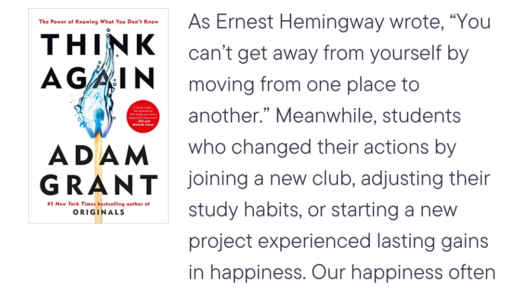Voters adjust their views based on what they see happening on the ground, even when they are initially biased. The female policy makers in India are an example. Whereas the Delhi elite remained convinced that women could not be empowered by legal fiat, citizens on the ground were much more open to the opposite view. Before the policy of setting aside one-third of the seats of panchayat leaders to women, very few women were ever elected to a position of power. In West Bengal, in GPs that had never been reserved for women leaders, 10 percent of the pradhans in 2008 were women. Not surprisingly, the share jumped to 100 percent when the seats were reserved for women. But, once a seat that had been reserved went back to being open, women were more likely to be elected again: The share of women elected increased to 13 percent for currently unreserved seats that had been reserved once in the past and to 17 percent if they had been reserved twice. The same thing applied to city government representatives in Mumbai. One reason for this is that voters’ attitudes toward women changed. In West Bengal, to measure prejudices about competence, villagers were asked to listen to a recording of a leader’s speech. All villagers heard the same speech, but some heard it spoken in a male voice, and others in a female voice. After they heard the recording, they were asked to judge its quality. In villages that had never had reserved seats for women, and therefore had no experience of a woman leader, men who heard the “male” speech gave higher approval ratings than those who heard the “female” speech. On the other hand, in villages that had been reserved for women before, men tended to like the “female” speech better. Men did recognize that women were capable of implementing good policies and changed their opinion of women leaders. The temporary reservation of one-third of the seats for women could thus lead not only to some additional drinking water sources but also to a permanent transformation of the role of women in politics.
The final passage I’ll be posting from this book. What I felt this passage really exemplifed was a really good reason for “enforced” representation in politics.
I am not one that is usually in favour of identity politics. I usually also have doubts over forced representation in business or politics, such as regulating a certain percentage of board members to be female etc. For me, I tend to think the since everyone is equal to me, there is no need to enforce or celebrate any kind of representation.
This passage does prove the case for representation. In the case of female leaders, just by reserving seats for women, the stereotypes and pre-conceived notions of people can be challenged and change. That to me, is an extremely compelling case for why representation works and has made me think more deeply about my previous stances.
In many cases, reserving seats for minorities can also provide inspiration and help break stereotypes that even other members of the same minority group might have.



